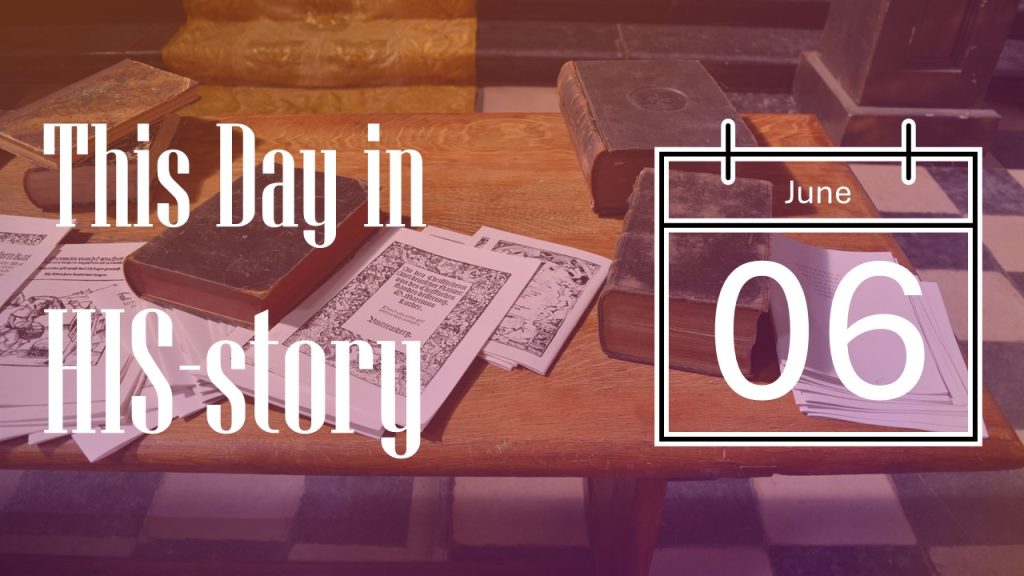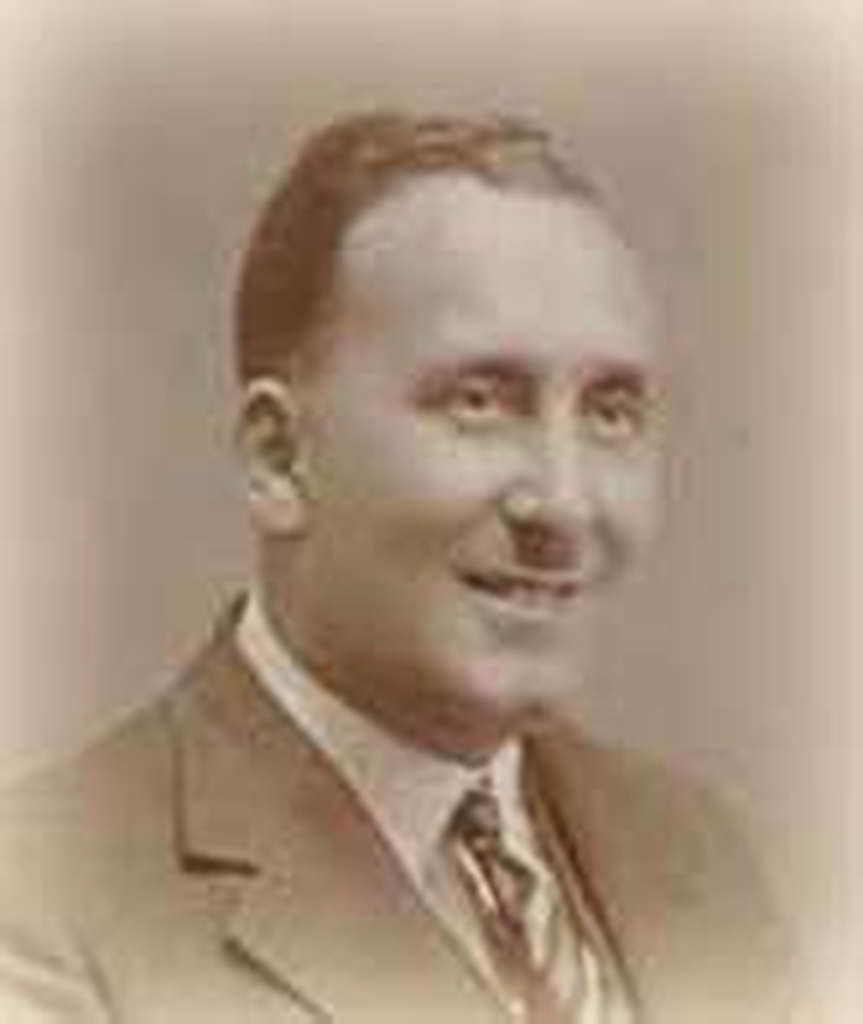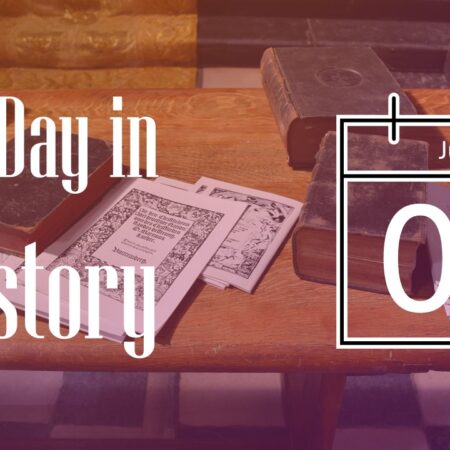
1882
In 1842 George and Jane Matheson had a child and named him George, obviously and proudly, after his father. His mother was the second cousin to his father, and they both resided in Glasgow, Scotland at the time George, their firstborn child, was birthed. He was the first of eight children, but the only one of his siblings who was born with poor eyesight.
Though his vision was blurry, his dreams for his future never seemed to be unclear. Through his growing-up years, he flourished in his education at Glasgow Academy and then pursued greater study at Glasgow University. He graduated with a Bachelor of Arts in 1861 with an emphasis on philosophy that would surely shed light on the writing he would do in his future. In 1862, only one year after finishing his Bachelors, he attained a Masters in philosophy as well.
While studying in school he would use powerful glasses to be able to see his work, and in-class would get the seat closest to the window for the best light. It was not long after he finished his studies until his poor sight drove him to become dependent upon others to accomplish almost anything. He was never completely blind, but he could only see shadows or outlines after finishing school.

In light of his ailment of poor sight, he had a reputation of being joyful, with a great spirit about him that was not easily discouraged. He didn’t speak of his bad eyesight, and most people who observed him preach or go about his life did not even know he was blind. There was only a short period where he seemed to struggle with great discouragement over his lack of eyesight, but it did not seem to stall him for long.
There are some allusions of a young woman who was in his life. He hoped to marry her, but she refused because he was mostly blind. Though we don’t know much about their relationship, if this is in fact true, it is not too much to fathom that this discouraged Matheson about his condition.
One of the great helps to overcoming his loneliness and accomplishing so much were his sisters. His eldest sister stuck by his side for years, helping him around the house and taking the time to write his dictations for him, including his early sermons. She also assisted with running the Parish at which Matheson served.
He was first licensed as a minister while serving at Sandyford by the presbytery. Here he assisted the lead minister, Dr. Macduff. The congregation was always impressed by what he could get done even with poor vision. He was only at Sandyford for a short while until he was granted more responsibility and given the opportunity to be the lead minister at Innellan.
In Innellan, Matheson’s popularity grew and he was soon a very famous preacher. His name was known throughout Scotland. People would travel from afar, especially around the religious holidays, to hear “Matheson of Innellan,” as he was commonly called. Those who heard him preach did not know he was blind because it appeared as if he was regularly looking down at his notes. Obviously, Matheson’s greatest tool in the pulpit was not his writing or his notes, but his memory. His memory enabled him to remember his sermon along with large portions of Scripture.
Matheson served as pastor for 18 years in Innellan. In 1879 he was invited to move to London to minister there, but he declined (this would have been the same time that Charles Haddon Spurgeon, “The prince of preachers” was ministering in London – however it is unknown if Matheson and Spurgeon ever connected). In 1886 he moved to Edinburgh and became the minister of St. Bernard’s Church for an additional 13 years.
It is also important to note that in 1885 he was invited to come and preach to Queen Victoria by the Queen herself. He delivered a sermon entitled, “The Patience of Job.” The Queen was so moved by the sermon she asked for it to be printed and published for more people to be able to receive.
He was able to write many articles and books in his lifetime, some with the help of his sister, others with the help of a secretary, and then later in his life by using Braille and a typewriter.
Perhaps one of the greatest pieces Matheson ever wrote was a simple hymn, which he wrote on the night his sister was wed. His sister, the one he was so dependent upon, and who was a very special person to him, was starting a new chapter of her life. Her marriage would have filled him with deep emotion and an extra need for dependence upon God.
The hymn Matheson wrote on his sister’s wedding night was entitled, “O Love that Wilt Not Let Me Go.” When he later wrote about the hymn’s conception, he recounted the following:
My hymn was composed in the manse of Innellan [Argyleshire, Scotland] on the evening of the 6th of June, 1882, when I was 40 years of age. I was alone in the manse at that time. It was the night of my sister’s marriage, and the rest of the family were staying overnight in Glasgow. Something happened to me, which was known only to myself, and which caused me the most severe mental suffering. The hymn was the fruit of that suffering. It was the quickest bit of work I ever did in my life. I had the impression of having it dictated to me by some inward voice rather than of working it out myself. I am quite sure that the whole work was completed in five minutes, and equally sure that it never received at my hands any retouching or correction. I have no natural gift of rhythm. All the other verses I have ever written are manufactured articles; this came like a dayspring from on high.
It is obvious that this was a special time of manifestation of the Holy Spirit for Matheson as he recorded the words that seemed to be ‘dictated to him’ and were not his own. It was an overflow from the ‘dayspring on high’ and not merely his own trickling thoughts.
The severe mental suffering that he was experiencing that night is not told to us. However, the curious person can only wonder if it was the loss of his sister to marriage that was causing him such pain. Yet another option could be that he was greatly saddened by the wedding because it recounted to him the love he desired to have with a woman in his earlier years that never came to be. Though we do not know the cause of his distress, we can be certain by the outpouring of the hymn that he was comforted greatly by His Savior.
His first draft was his final draft, and that alone was shocking to him and seemed to verify the inspiration of God in the midst of this song’s creation. The only time noted of him changing the hymn was when it was first published in a hymnbook. The Hymn Committee asked him to change the word “climbed” to the word “traced” in the third verse; “I traced the rainbow through the rain.” He willingly did so without complaint.
1925
WHEN HAROLD WILDISH accepted Christ as savior, he determined to put his faith into action. He promised the Lord he would do whatever he wanted. Seven years later, in 1922, after hearing a missionary message, he dropped to his knees and asked the Lord to show him, that day, what direction to go. When he got home it was near midnight. There he found a letter from an aunt. She cited the Great Commission to him (Matthew 28:18-20). Immediately he left his business and enrolled in a Bible School to get the training he needed.

For three years no clear-cut instructions came. Then he received a request to fill the place of Wilson Nicholl, a missionary returning home ill from Guiana. But Wildish had only one pound to his name. He went upstairs and spread the letter out before the Lord, saying, “You know what I need.” In the mail the next morning, he received a check for twenty-five pounds. “But I must have thirty-five,” he prayed. (That would be about $2,400 in 2020.) The next day he received another letter from one of the businessmen who had sent the twenty-five pounds. “I could not sleep last night thinking of you,” it read. “I believe you must need the additional enclosed ten pounds.”
Thus it came about that on this day, 6 June 1925, Harold Wildish boarded the Amakura bound for South America. He took as one of his mottos, “The bigger the battle, the bigger the victory.” After work in Guiana, he spent years in the upper reaches of the Amazon and gradually won the confidence of the Molacas. He recorded some of the details of this work in Among the Savage Redskins of the Amazon.
Years later, worn out with fevers, and having just escaped death from a particularly violent attack of illness, he was homesick for England. A letter from Harold P. Barker reached him, asking him to consider becoming an evangelist in the West Indies.
He sensed God was calling and agreed. No boat could take him to England, but a boat was sailing for Trinidad. He was sick with fever the whole trip and had to go to bed when he got to his destination. Eventually he met up with Barker in Jamaica, recovered, and had a powerful ministry winning the lost among the mixed races of the islands.
Decades later the Open Brethren in Jamaica would remember the boost their ministry got by a visit from Wildish’s evangelistic team. Churches on St. Kitt’s and other islands could say the same. Several of his sermons are available in audio from Voices for Christ and from Sermon Index, including those he preached at the Keswick Conference of 1970.

0 Comments